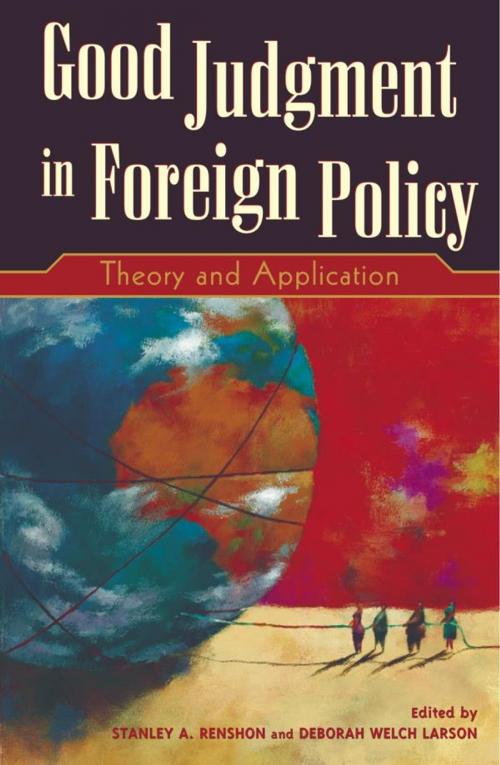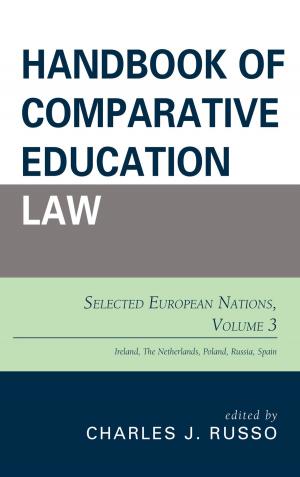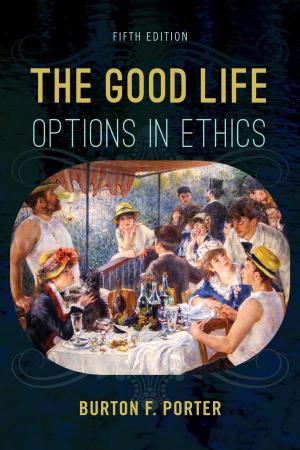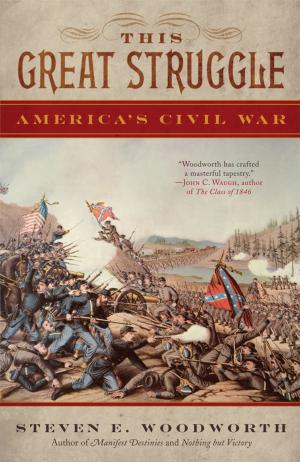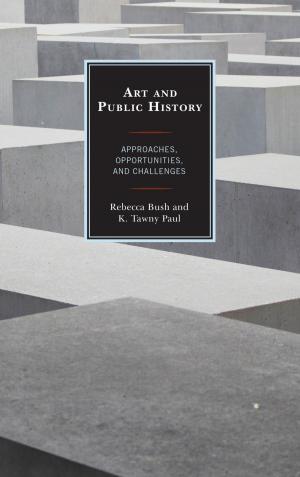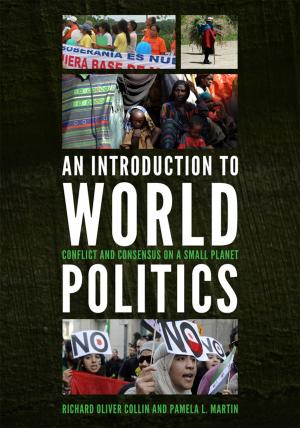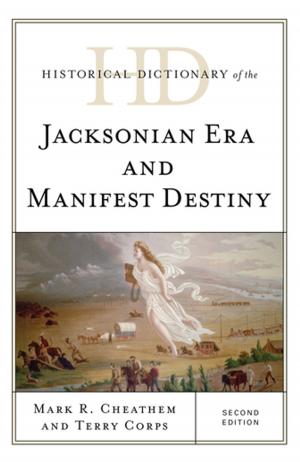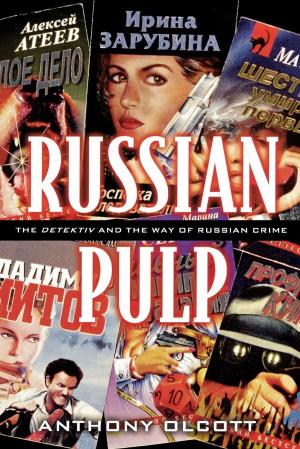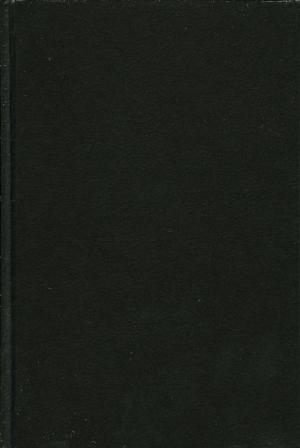Good Judgment in Foreign Policy
Theory and Application
Nonfiction, Social & Cultural Studies, Political Science, International, International Relations| Author: | Andrew Bennett, Barbara Farnham, Alexander L. George, Richard N. Haas, Bruce W. Jentleson, Stephen J. Wayne, David A. Welch | ISBN: | 9781461704393 |
| Publisher: | Rowman & Littlefield Publishers | Publication: | August 27, 2002 |
| Imprint: | Rowman & Littlefield Publishers | Language: | English |
| Author: | Andrew Bennett, Barbara Farnham, Alexander L. George, Richard N. Haas, Bruce W. Jentleson, Stephen J. Wayne, David A. Welch |
| ISBN: | 9781461704393 |
| Publisher: | Rowman & Littlefield Publishers |
| Publication: | August 27, 2002 |
| Imprint: | Rowman & Littlefield Publishers |
| Language: | English |
At the heart of political leadership lies choice. And at the heart of choice lies judgment. A leader's psychology and experience intersect with political realities to produce consequences that can make or break a leader—or a country. Nowhere is judgment more important than in the making of foreign policy. Good judgments can avoid wars, or win them. Poor judgments can start wars or lose them.
This book draws together a distinguished group of contributors—psychologists, political scientists, and policymakers—to focus on and understand both good and poor judgment in foreign policy making. Case studies of key leadership decisions combine with theoretical overviews and analyses to offer a highly textured portrait of judgment in action in the all-important foreign policy arena. An up-to-the-minute case on George W. Bush and the war on terrorism applies good judgment theory to contemporary events.
At the heart of political leadership lies choice. And at the heart of choice lies judgment. A leader's psychology and experience intersect with political realities to produce consequences that can make or break a leader—or a country. Nowhere is judgment more important than in the making of foreign policy. Good judgments can avoid wars, or win them. Poor judgments can start wars or lose them.
This book draws together a distinguished group of contributors—psychologists, political scientists, and policymakers—to focus on and understand both good and poor judgment in foreign policy making. Case studies of key leadership decisions combine with theoretical overviews and analyses to offer a highly textured portrait of judgment in action in the all-important foreign policy arena. An up-to-the-minute case on George W. Bush and the war on terrorism applies good judgment theory to contemporary events.
